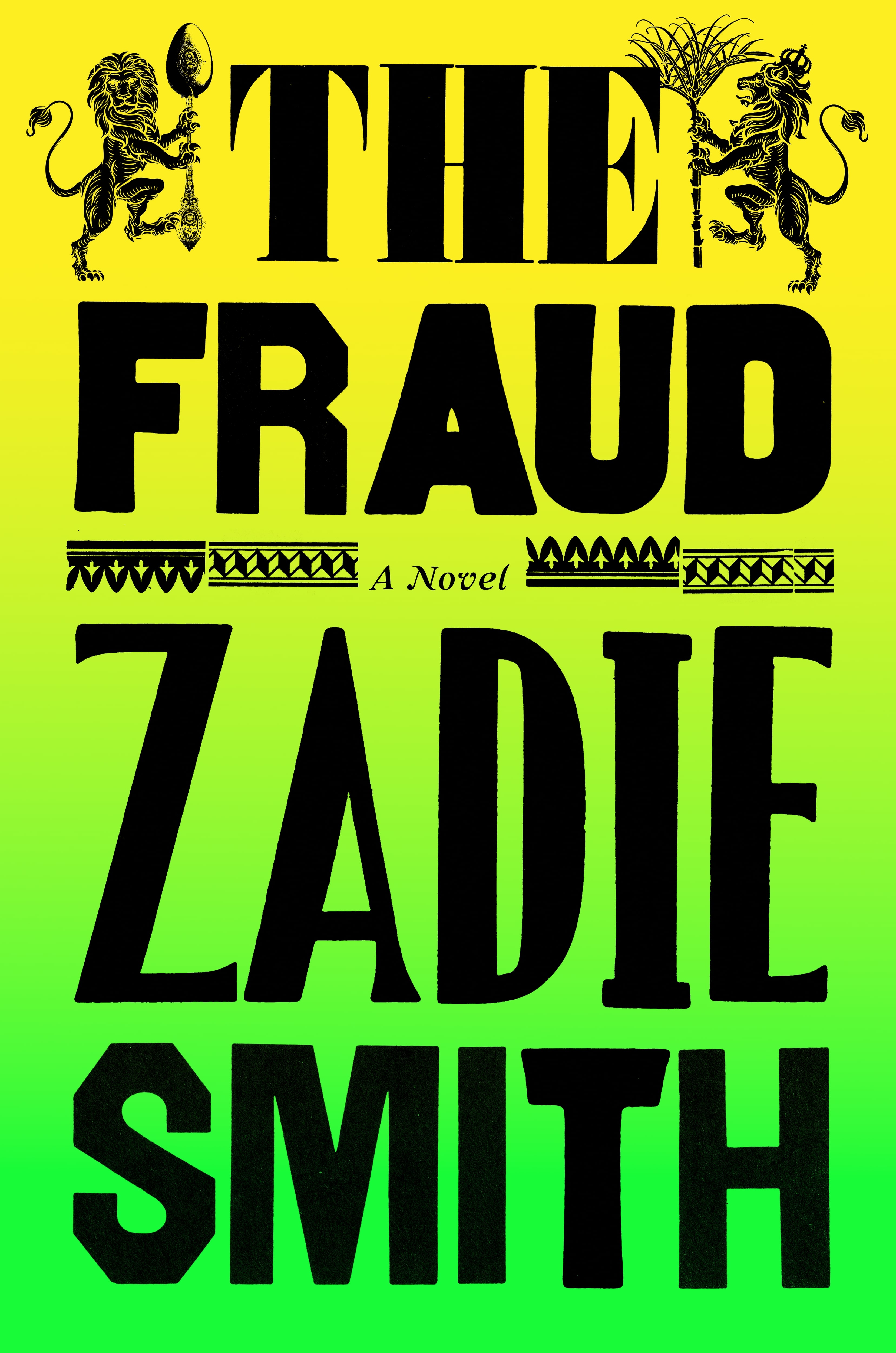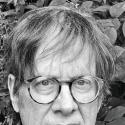Zadie Smith’s latest novel, The Fraud, is her first venture into historical fiction – a fiction based on a factual trial and a real, forgotten Victorian author. While the premise is interesting and the story is engaging in itself, this book perhaps doesn’t quite feel as readable as her past novels – though, admittedly, that is a high bar.
The Fraud centres around Eliza Touchet, the cousin of real-life author William Ainsworth, who in his time outsold Charles Dickens. Eliza is a good conduit for the narrative: a woman who has an affair with both Ainsworth and his wife and who, in later years, is fascinated by the year-long trial of a fraudulent claimant to the Tichborne inheritance (a thrillingly complex narrative in itself, involving the impersonation of an heir who supposedly drowned in a shipwreck). Her interest comes in large part from her sympathy for the main witness: Andrew Bogle, a former slave.
Bogle’s story is at the real core of The Fraud, a heartbreaking and shocking counterpoint to Eliza Touchet’s relatively comfortable existence. It’s this shock that destabilises what would otherwise be a fairly familiar story of genteel penury. And, what’s more, the inclusion of his narrative is an excellent device for revealing what Victorian novels tend to exclude: the back-breaking labour that carried the industrialism of nineteenth-century Britain – the mechanics of which often go unseen or are, at the very least, skimmed-over.
 Smith describes the two islands of Great Britain – that is, the free and the enslaved – as “two sides of the same problem, profoundly intertwined”. Eliza is sympathetic to this, but she can never come close to feeling the true horror of a life that is systemically subjugated to another. In doing so, Smith also viscerally reminds the reader that although slavery was abolished in 1807 in the British Empire, this by no means stopped many from owning people on plantations in America. Through this, Smith reminds that questions of inheritance – beyond the legal entanglements of Tichborne – are always at stake.
Smith describes the two islands of Great Britain – that is, the free and the enslaved – as “two sides of the same problem, profoundly intertwined”. Eliza is sympathetic to this, but she can never come close to feeling the true horror of a life that is systemically subjugated to another. In doing so, Smith also viscerally reminds the reader that although slavery was abolished in 1807 in the British Empire, this by no means stopped many from owning people on plantations in America. Through this, Smith reminds that questions of inheritance – beyond the legal entanglements of Tichborne – are always at stake.
Indeed, what Smith does so effectively with The Fraud is to note that we are not so far away from the smug complacency of some Victorians, imagining themselves to have solved all the problems of the world, but, in reality, often allowing them to become ever more deeply entrenched. The trial of Tichborne also raises questions about the nature of truth and its social value. It was a spectacle that wouldn’t be out of place in the tabloids today, with "fake news" and trials (like Depp/Heard) appearing more akin reality shows than the noble and ancient carrying-out of personal and political justices. Similarly, the people’s reaction to the claimant feels familiar: a disenfranchised section of society unquestioningly following a dubious figurehead, mistrustful of the official line. The Victorian perception of slavery and of blackness may be more extreme, but The Fraud allows us to see how much there is to learn.
Because of the jarring conflation of Andrew Bogle and Eliza Touchet’s tales, the pacing of the book can sometimes feel a little odd, rushing through some sections and dragging its feet in others. The larger text follows Eliza’s life, her youthful affairs, the rising then falling star of her author cousin, then her somewhat down-at-heel latter years. Her story is told sympathetically, with an aching understanding of the frustrations of a woman in late middle age, but it contributes to a feeling that the disparate parts of the book don’t always hang together perfectly.
It is, however, wonderfully clear that The Fraud is a very well-researched piece of social history, as well as being a considered and engaging novel. There is also a host of literary cameos to enjoy, from Dickens to Thackeray (among others), their fame forming an informative contrast to that of Ainsworth, Tichborne, and Bogle, whose one-time celebrities faded only too fast. And beyond the literary figures, it’s also lovely to have a frequent guest star in the book, in the form of Zadie Smith’s familiar literary haunt of Kilburn, when it was more fields than houses. In the end, The Fraud’s problem with pacing never outweighs the interest of the story itself, both factual and fictional. There is even a sense that this unbalanced pacing actually underlines the under-representation of Bogle’s narrative, and works to expose the rotten heart of this Victorian story.
- The Fraud by Zadie Smith (Hamish Hamilton, £20)
- More book reviews on theartsdesk















Add comment